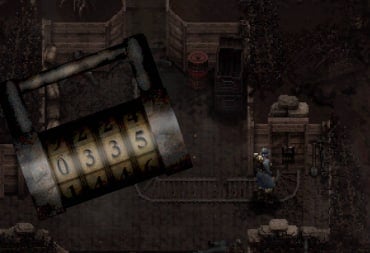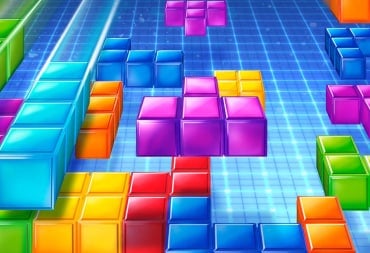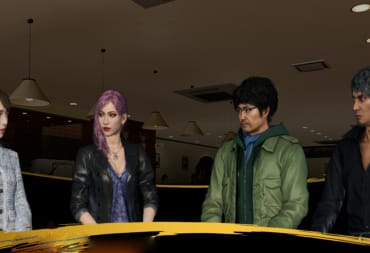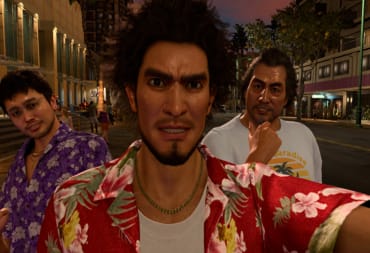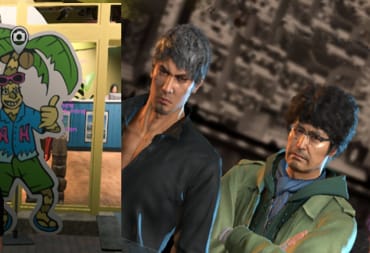It gets to a certain point in a long-running series where the latest entries stop resembling the originals. Luckily, that’s not an issue Like a Dragon has to contend with because it would be practically impossible to mistake it for any other franchise (besides maybe spin-off series Judgement). The latest game has arrived, and we want to see if there’s still life left in the franchise outside of certain Kiryu-centric side games. Our Like a Dragon: Infinite Wealth review dives in to find out.
Like a Dragon: Infinite Wealth Review - How Did We Get Here?
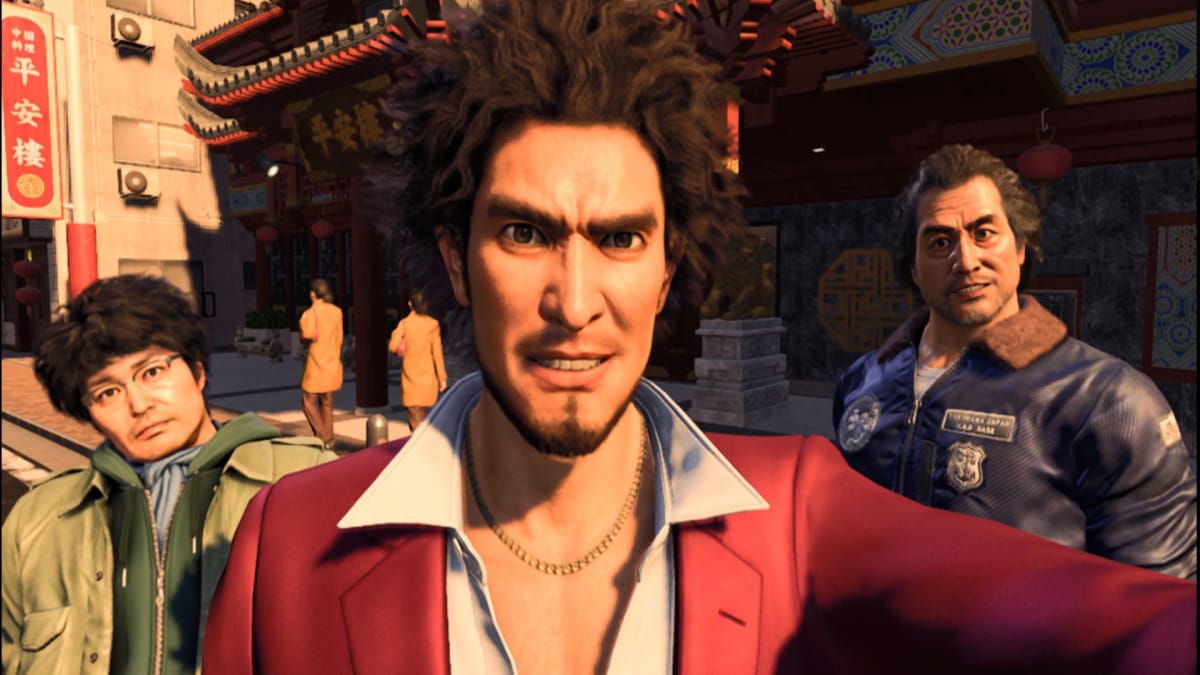
Like a Dragon: Infinite Wealth is the eighth entry in the Yakuza franchise, also known as Like a Dragon. It sees the return of Ichiban Kasuga, the fuzzy-headed job-hunter who fronted the last game. A few years after the end of the last game the world-shattering events have left the world, well, shattered, and you’re once again called upon to become the hero of Yokohama and JRPG trope your way through waves of bad guys, sandboxes, and mini-games.
The big gimmick this time is that, as well as a random Japanese suburb, you’ll also be able to explore Honolulu city in Hawaii, bringing some tropical, sunbleached flavor to the game. It sort of has parallels to Yakuza 3, which also added some beach-style shenanigans by bringing the action to the Japanese island of Okinawa. That’s not to say that the sandboxes are comparable because Like a Dragon: Infinite Wealth is probably one of the biggest and best-filled sandboxes (or handful of sandboxes) that the series has seen so far.
If you’ve played the previous title in the franchise you’ll know what to expect. Rather than the traditional beat-em-up gameplay that the original games favored, things are feeling a lot more like a classical JRPG, down to the heavy use of tropes and familiar-ish mechanics You have to buy equipment, level up your party, and can even swap jobs to learn different abilities.
JRPG Classics With Like a Dragon Style
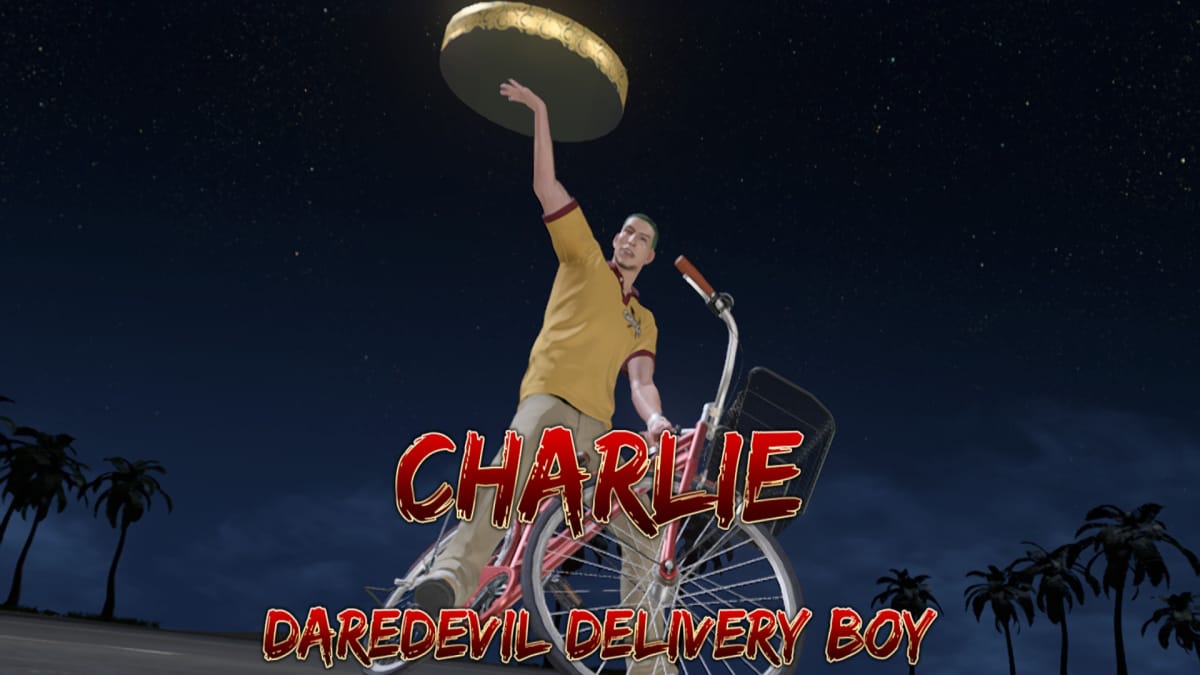
There are also plenty of action elements to gameplay, for anyone who is a bit more twitchy. You can defend against attacks by tapping blocks at the right time, an element seen in classics like the Mario & Luigi series, which can genuinely turn the tide of battle if you’re good enough at it. You also have control of your various characters' position on the battlefield, which is important because AOE attacks can hit targets in different areas, and it’s possible to cheese large groups of enemies by clipping them with powerful attacks.
In honesty, this system can be a little janky and has occasionally led to an impromptu game over. Not only is it possible to get clipped by attacks, but if your main character (usually, but not always Kasuga) gets knocked out then it’s a combat loss for everyone. Still, there’s not much room to complain as the system usually benefits you rather than hinders you, and realistically all you do is lose money when you lose a fight, so it’s not exactly the end of the world.
If combat isn’t your style then you should probably pick a different game, but at the very least you can expect the usual Yakuza grab bag of mini-games to enjoy as you explore the streets of both Japan and Hawaii. There are crane games and arcade machines, street side Shogi and Mahjong, and a variety of job-based distractions that can earn you tons of extra money to spend on improving your equipment and healing your characters between combat. It’s possible to load yourself up with such powerful stuff that you can effectively just blitz your way through the storyline.
A Wealth of Side Content
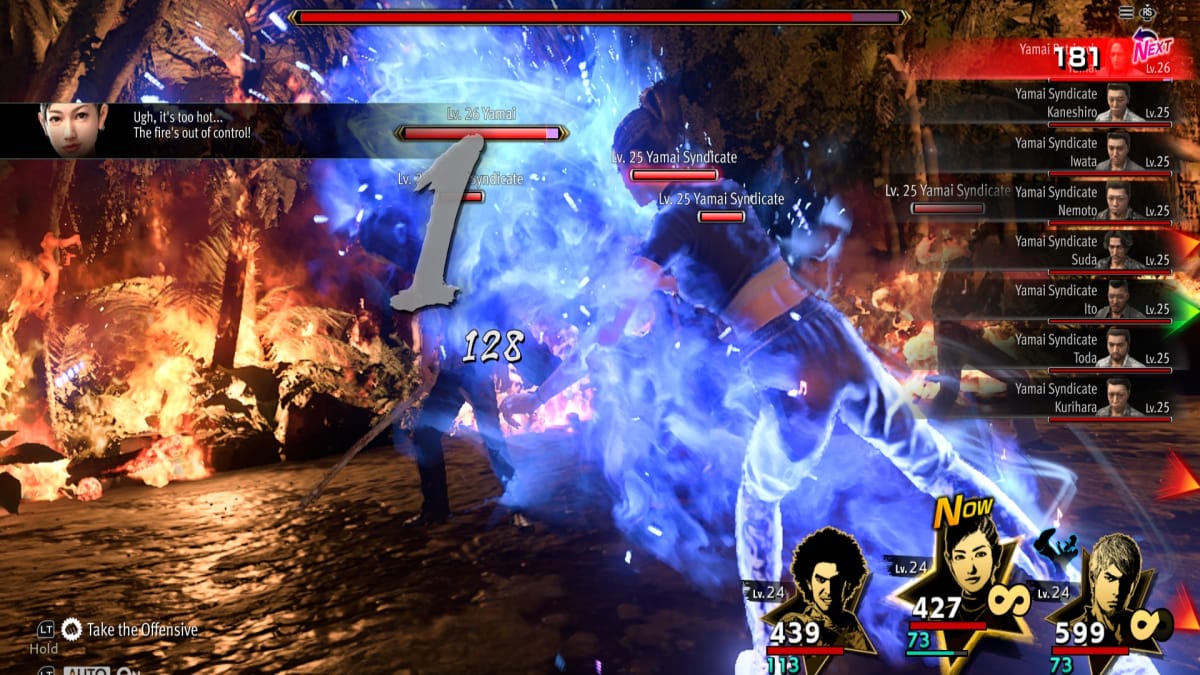
Not that you should want to blow through the storyline. The side content is genuinely interesting, and there’s a great side system where you can learn more about your friends in various ways, and this, in turn, earns you more powerful abilities in combat. For example, if you take your friends out to eat and learn all about their personality, not only do you unlock a special move to perform with them, but you can also give them the ability to attack downed enemies automatically and even free combo moves. It makes finding out more about the characters both useful and enjoyable.
The characters are honestly the biggest draw here. They’re mostly completely mad, especially the leading characters, but they have a lot of heart to them. It’s a good thing too, because overall the storyline bears many of the hallmarks of the series, and without the characters to pull you into the narrative, it would probably feel like a bit of a fever dream. There’s a lot of melodrama, betrayals, big reveals, and twists all over the place, and it doesn’t always mix well with the zany giant Roombas and pervert photography side quests.
On that note, it’s important to mention that there’s a certain dark undercurrent that runs throughout the storyline, including some of the mechanics that you unlock in the later stages of the game. It’s all to do with a certain character reminiscing over their history throughout the series, which would feel like a nice send-off to the older games but they won’t let Kazuma Kiryu just retire already so it sort of sours the moment a little. At this stage, he could end the game in a literally giant blender and I’d still expect him to come back as a cyborg or something.
Final Verdict
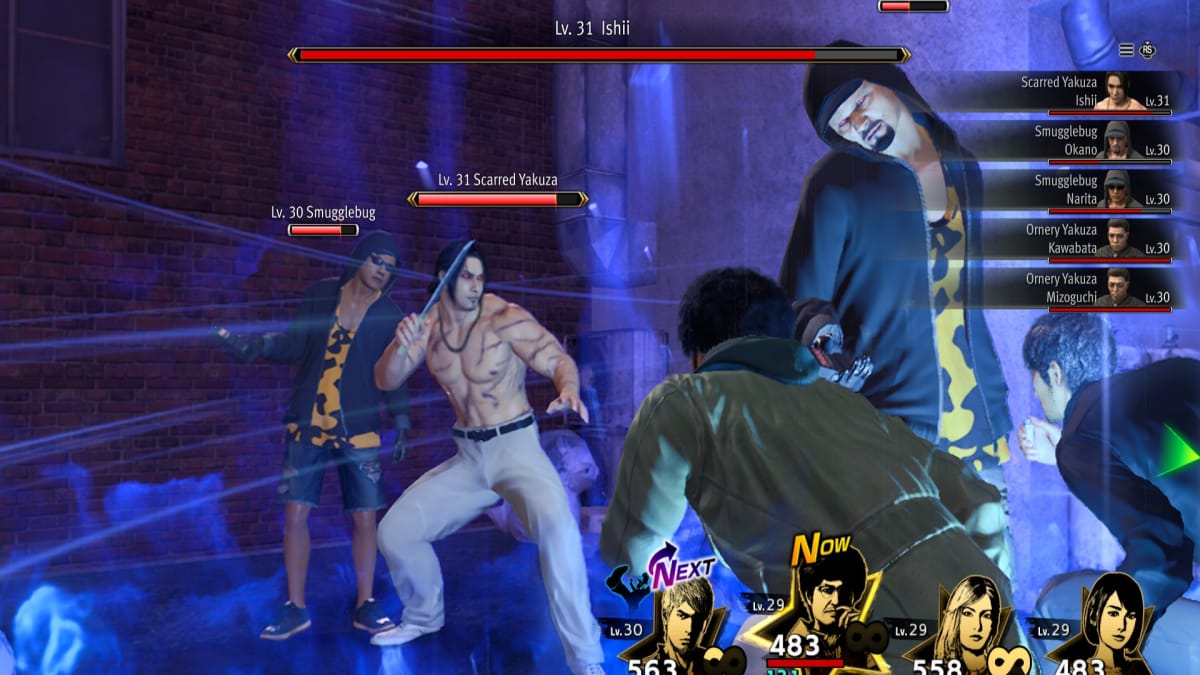
Minor gripes aside, Like a Dragon: Infinite Wealth is a stunning game for both old-school fans of the series and newcomers alike. It is possibly the biggest game in the franchise, with more to do in it than honestly seems feasible. There are more side stories, mini-games, and insane set-pieces than you know what to do with, and it’s all the more enjoyable for not having the traditional franchise problem of every boss fight being the worst thing in the franchise. Now if we could only keep Kiryu away for 10 minutes this time then maybe the series can finally move on.
Like a Dragon: Infinite Wealth was reviewed on PC via Steam with a copy provided by the Developer over the course of 43 hours of gameplay - all screenshots were taken during the process of review.
Review Summary
Pros
- Excellent and stylish RPG combat
- Tons of enjoyable side stories and activities
- Well-written characters and world make the storyline engaging
Cons
- The movement system can be a fickle friend
- The classic Yakuza-tone shifting
Have a tip, or want to point out something we missed? Leave a Comment or e-mail us at tips@techraptor.net

